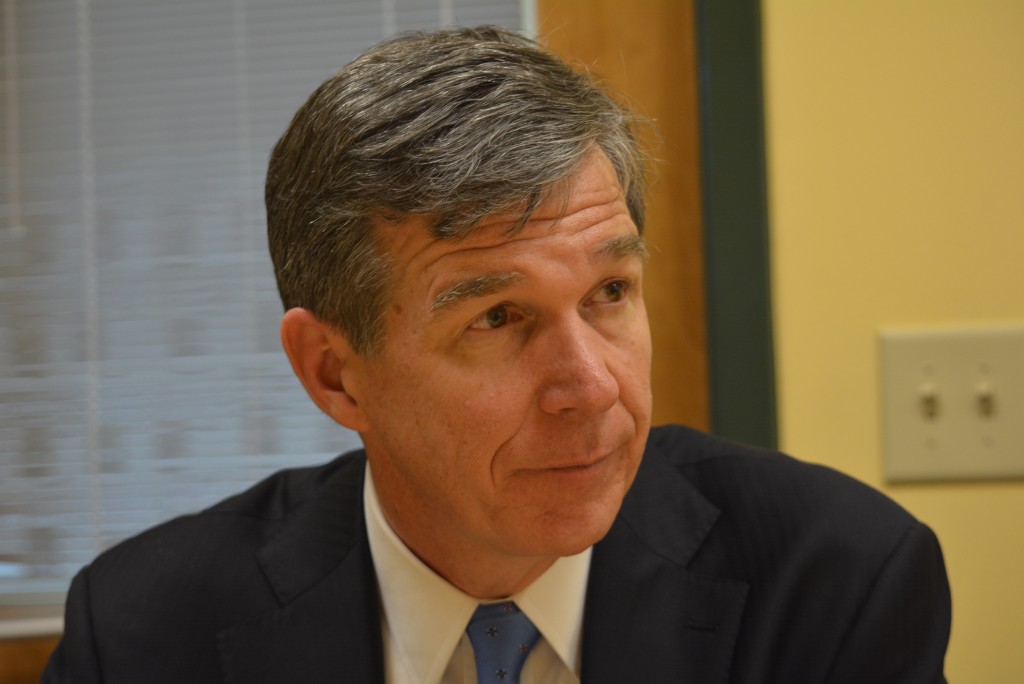What was the best Christmas present?
For me, it would be something a family member made, like the pictures and the book my granddaughters made and gave to me last month.
Or, maybe it would be the certificate for “free violin lessons” from my seven-year-old grandson Jake.
Jake has been taking violin for about a year. One day he will be a good performer, but he is not yet ready for Carnegie Hall or Lincoln Center, nor has he been trained to teach others to play.
I have always wanted to know how a violin works, wondering, how does that funny looking instrument make such beautiful music in the hands of an unaccomplished player? In my efforts to play other musical instruments, I know I could never be an adequate musician. But my lack of talent does not keep me from wanting to know how good musicians make their instruments work.
Several years ago, when I told my wife that I wished I could play a violin, she bought me one. It was an inexpensive, mail-order version. I could never make it work. It had come without a bridge, a small but essential part that positions and supports strings, aligning them in a way that when the violin bow makes contact, there is a sound.
So we had packed up the violin until the other day when Jake came to give me the violin lesson he promised at Christmas.
With the help of Jake’s dad, we adjusted a new bridge and put the violin in working order.
Jake had a lesson plan in mind. He was going to teach me to play part of the scale using the violin’s E-string. Using tape, he carefully marked the places on the violin where my finger would push down that string to make different notes.
His plan for that first lesson centered on that E-string.
As we were about to begin, in a last adjustment, the E-string broke.
Although I thought we would have to postpone the lesson, Jake calmly said, “I think you can learn with the A-string. You can do the same things as on the E-string and get the same practice.”
That mature reaction to crisis made me think my grandson might have the makings of a real teacher, not just a child pretending, as he did in earlier times when he dressed up as a garbage man, firefighter, policeman, or pilot
My confidence in him increased as he carefully instructed me how to hold the violin and the bow, stressing that good posture is required for good violin playing. He gave me several drills to play a series of notes using the reference points he had marked. I respectfully responded to his suggestions for adjusting my positions and movements.
When the lesson was over, Jake, who has just learned to write, carefully put down instructions to prepare for the next lesson.
I was amazed at how much I learned from this time with a seven-year-old teacher. He was cool, calm and authoritative as he guided me through my beginning experience with a violin. Every time I hear a classical violinist or a country music fiddler, my pleasure will be a little richer.
Even more than the value of what I learned, I treasure the memory of the joy I got from having the seven-year-old teach the seventy-two-year-old—and know the pride my teacher had in doing such a good job.
If there are other lessons from Jake’s Christmas present, one of the most important may be this: There are people of all ages around us, with experiences and talents that could make them wonderful teachers if we just honor them by asking them to share with us.
—
D.G. Martin hosts “North Carolina Bookwatch,” which airs Sundays at noon and Thursdays at 5 p.m. on UNC-TV. For more information or to view prior programs visit the webpage.
This week’s (January 20, 24) guest is Emily Colin, author of “The Memory Thief,” in which a young woman begs her mountain-climbing husband not to take on Mount McKinley in Alaska. He goes anyway, promising, “I will come back to you.” But, as she feared, he falls to his death. Still, that promise to return is haunting. Learning how it is fulfilled is the backbone of the novel, which is set in Wilmington with side trips to the Swiss Alps, Colorado, Chapel Hill, and Wildacres Retreat in the North Carolina mountains.
A grant from the North Carolina Humanities Council provides crucial support for North Carolina Bookwatch.
Bookwatch Classics (programs from earlier years) airs Wednesdays at 11:30 a.m. on UNC-MX, a digital cable system channel (Time Warner #172 or #4.4).
This week’s (January 23) guests are Catherine Bishir and Michael Southern authors of “A Guide to the Historic Architecture of Piedmont North Carolina.”




Comments on Chapelboro are moderated according to our Community Guidelines